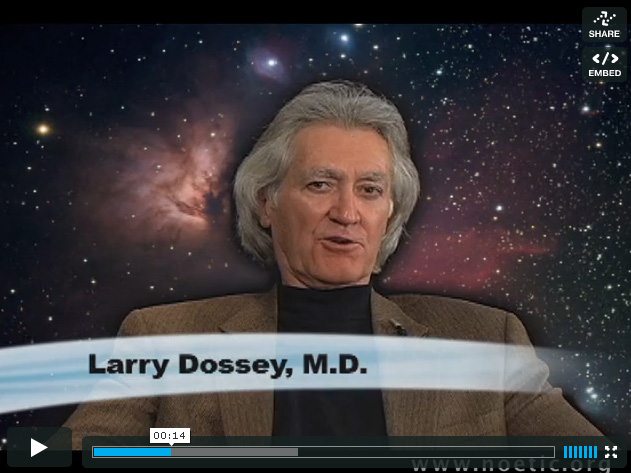Tag: quackademic medicine
CAM on campus: Ethics
In a previous post I described a lecture given by a faculty member to first-year medical students on my campus introducing us to integrative medicine (IM). Here I describe his lecture to the second-year class on legal and ethical aspects of complementary and alternative medicine (CAM). Dr. P began his lecture by describing CAM using the now-familiar NCCAM classification. He gave the...
Looking for quackademic medicine in all the wrong places
One advantage of having a blog is that I can sometimes tap into the knowledge of my readers to help me out. As many readers know, a few of the SBM bloggers (myself included) will be appearing at the Northeast Conference on Science and Skepticism (NECSS) on Saturday, April 17. Since the topic of our panel discussion is going to be the...
Is there a role for speculative journals like Medical Hypotheses in the scientific literature?
The core information supporting science-based medicine resides in the scientific literature. There, scientists and physicians publish the results of experiments and clinical trials that seek to understand the biological mechanisms by which the human body functions and through which disease forms and to apply this understanding to test new treatments for diease. Consequently, the quality and integrity of the biomedical literature are...
CAM on campus: Integrative Medicine
My previous posts have described guest lecturers at my medical school campus, invited by a student interest group in CAM. Those events continue; currently ongoing is an 8-weekend certification course in Ayurveda for the subsidized cost of $1500 (includes “tuition, syllabus, and personal guru”). I could pick on this student group, but what’s the point? There will always be medical students who...
The 2nd Yale Research Symposium on Complementary and Integrative Medicine. Part II
The Main Event: Novella vs. Katz The remainder of the Symposium comprised two panels. The first was what I had come to see: a Moderated Discussion on Evidence and Plausibility in the Context of CAM Research and Clinical Practice, featuring our Founder, Steve Novella, who is also Assistant Professor of Neurology at Yale; and David Katz, the speaker who had borne the...
The 2nd Yale Research Symposium on Complementary and Integrative Medicine. Part I
March 4, 2010 Today I went to the one-day, 2nd Yale Research Symposium on Complementary and Integrative Medicine. Many of you will recall that the first version of this conference occurred in April, 2008. According to Yale’s Continuing Medical Education website, the first conference “featured presentations from experts in CAM/IM from Yale and other leading medical institutions and drew national and international...
Yes, Jacqueline: EBM ought to be Synonymous with SBM
“Ridiculing RCTs and EBM” Last week Val Jones posted a short piece on her BetterHealth blog in which she expressed her appreciation for a well-known spoof that had appeared in the British Medical Journal (BMJ) in 2003: Parachute use to prevent death and major trauma related to gravitational challenge: systematic review of randomised controlled trials Dr. Val included the spoof’s abstract in her...
The Mythology of Larry Dossey
A “Double Standard”? Last week I had planned to write a comprehensive critique of a recent comment by Larry Dossey. He had posted it on Val Jones’s betterhealth website in response to Dr. Val’s essay, “The Decade’s Top 5 Threats To Science In Medicine,” originally posted here on SBM. Much of what Dr. Val had identified as the top threats involved recent...

Conflicts of interest in science-based medicine
Science-based medicine is not perfect. Financial interests, conflicts of interest (COIs), and the pride of individual practitioners can at times undermine it. But it's so much better than any alternative we have tried before. It works, and, although it does so in fits and starts, sometimes all too slowly, it's getting better all the time. Dealing more effectively with COIs will only...


